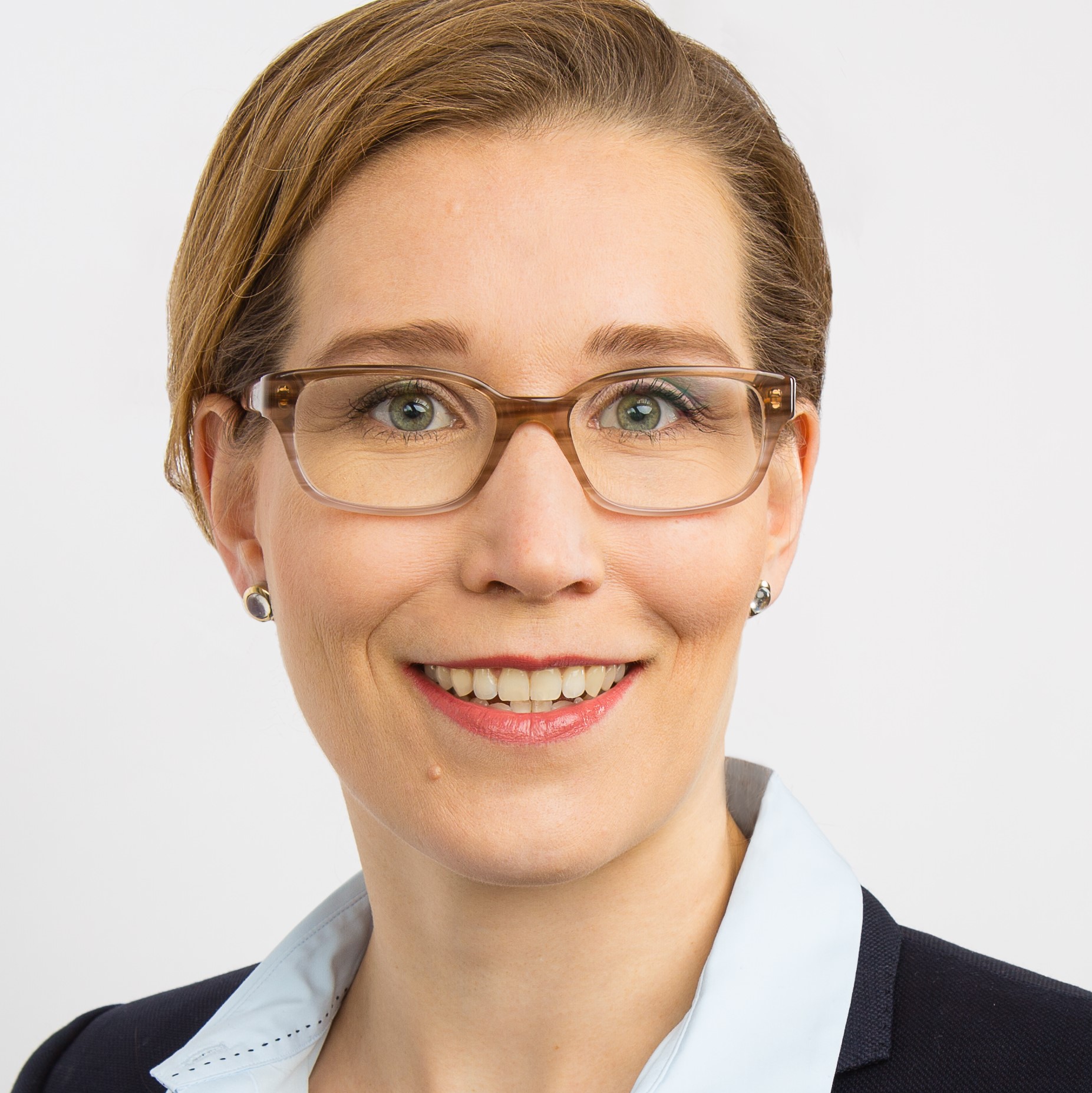Foto: VWS
Case management systems: Tool or already actor?
Digital technologies are often described as tools. The idea is that digital tools support users in organizations in a variety of ways: They help to make better and safer decisions, facilitate networking and cooperation and support us in coping with complexity. In a way, the tool is waiting to be used. The crux of the matter is that the talk of digital tools is misguided because it assumes that users are the real actors. This clear constellation of human subject and technical object is not very durable; doubts about it do not only exist since the discussion about autonomous driving. The exciting question is: If digital technologies are not (anymore) tools, what are they? So how can the distribution of roles between humans and digital technology be described in a more nuanced and appropriate way and how can clear dividing lines not be drawn beforehand, as the concepts of tools or users do?
At the L3S, junior professor Dr. Stefanie Büchner is setting up the Digital Cases research group, which is investigating exactly this question. At the interface of sociology, science and technology studies and computer science, three staff members will be investigating how complex digital infrastructures shape daily work in organisations from May 2020. For the first time, Stefanie Büchner and her research group use an organization-comparative approach and accompany employees in a hospital, a court and a social service in their work with case management systems. Similar to SAP, these infrastructures shape everyday life in organizations in many, often contradictory ways. Instead of looking for a new compact formula as an alternative to the tool metaphor, the researchers will analyze different forms of joint structuring of work practices. What are the different forms and patterns of distributed action in the treatment of patients, the processing of cases, and the provision of educational assistance? Which similarities, for example in the handling of warning messages or the tracking of work activities, can be found across all cases? And how does this change the relationship between organisation and profession?
The project is supported by a free-minded fellowship of the Volkswagen Foundation.
Contact

Junior Prof. Dr. Stefanie Büchner
L3S member Stefanie Büchner is currently a visiting researcher at the Department of Informatics at the University of California in Irvine. She is a junior professor at the Instituteof Sociology at Leibniz Universität Hannover and a member of the Young Academy.

 Search
Search
